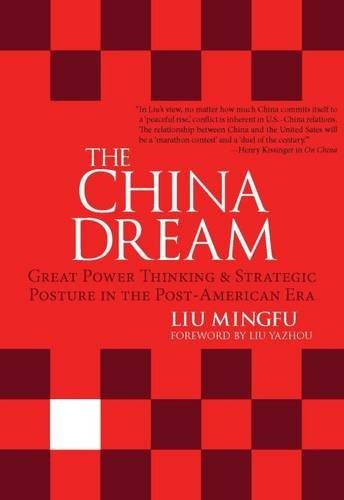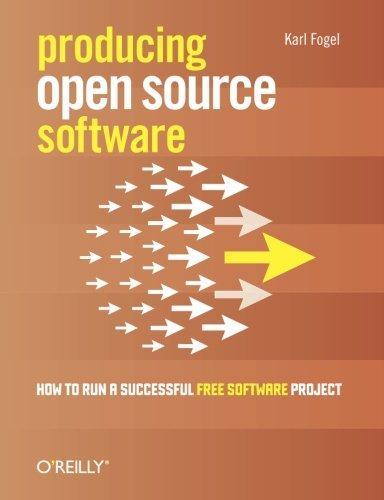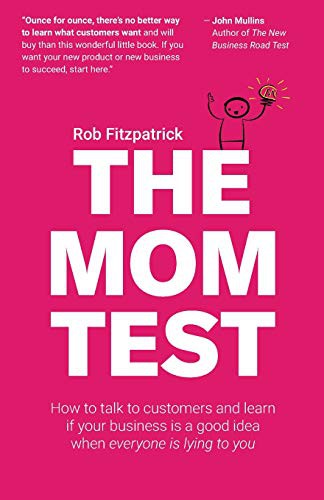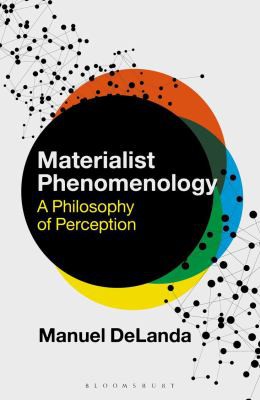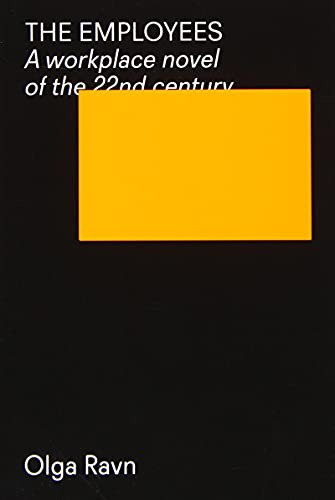"God, you're such a glass-is-half-empty kind of person. Tell me something positive about this book."
me: "It only took 2 hours to read and now it's over."
User Profile
I struggle to read fiction.
This link opens in a pop-up window
Steven Deobald's books
To Read (View all 291)
User Activity
RSS feed Back
Steven Deobald finished reading The Mom Test by Rob Fitzpatrick
Steven Deobald rated The Three-Body Problem: 4 stars

The Three-Body Problem by Liu Cixin (Three-Body Trilogy, #1)
Within the context of the Chinese Cultural Revolution, a military project sends messages to alien worlds. A nearby alien society …
Steven Deobald wants to read Materialist Phenomenology by Manuel DeLanda
Steven Deobald rated Lessons in Chemistry: 1 star
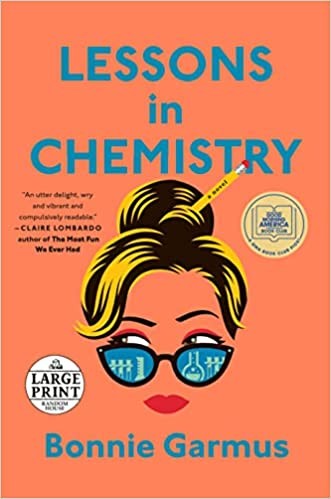
Lessons in Chemistry by Bonnie Garmus
Chemist Elizabeth Zott is not your average woman. In fact, Elizabeth Zott would be the first to point out that …
Steven Deobald rated Butter Honey Pig Bread: 3 stars

Butter Honey Pig Bread by Francesca Ekwuyasi
Spanning three continents, Butter Honey Pig Bread tells the interconnected stories of three Nigerian women: Kambirinachi and her twin daughters, …
Steven Deobald rated Start Simple: 5 stars
Steven Deobald rated Tomorrow, and Tomorrow, and Tomorrow: 4 stars

Tomorrow, and Tomorrow, and Tomorrow by Gabrielle Zevin
In this exhilarating novel, two friends--often in love, but never lovers--come together as creative partners in the world of video …
Steven Deobald reviewed The Employees by Olga Ravn
Review of 'The Employees' on 'Goodreads'
1 star
Steven Deobald reviewed S. N. Goenka by Daniel Stuart
Review of 'S. N. Goenka' on 'Goodreads'
1 star
There once was a field mouse convinced he could become an elephant. For many years, the mouse went to great lengths to learn about the elephants, watching them from the grasses, imitating their movements, and even learning to understand their languages. In the barn, he found an open can of grey paint and decided to make his final transition. After soaking in oil paint for days, he returned to the burrows.
"Behold! I have become an elephant!" he proclaimed. Some of the other mice were very impressed and sat in rapture, listening to his stories of what the life of an elephant was like.
Emboldened by a long night of story telling, he once again returned to the grasses. This time, however, he approached the elephants in the field and proclaimed himself one of their own. But they could not hear him.
Steven Deobald rated Refactoring: 4 stars
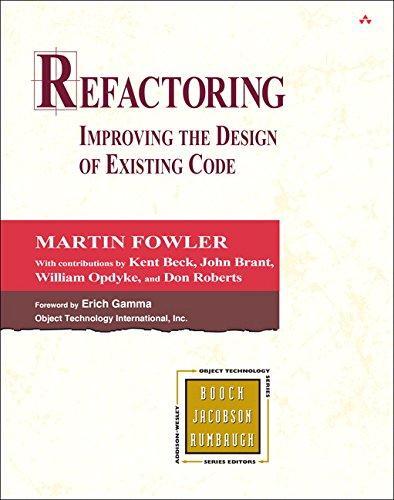
Refactoring by Martin Fowler, Kent Beck, John Brant, and 2 others
Steven Deobald reviewed Freedom from the Known by Jiddu Krishnamurti
Review of 'Freedom from the Known' on 'Goodreads'
4 stars
I find it interesting how substantial Krishnamurti's readership and following is, despite the difficulty of the material he produced. The immediacy of timeless states, the awareness of anatta, and the penetration of sensation by deep meditation — none of these things is easily accessible. None can be learned from a book and Krishnamurti points out as much. It is a testament to his clear writing and the evocation of familiar analogs that a lay person is able to read his work at all.
Review of 'Weinberg on Writing: The Fieldstone Method' on 'Goodreads'
2 stars
I'm in a peculiar situation with this book. I'm actively recommending it to people... but I'm also giving it two stars. I'll try to explain my reconciliation process.
The ideas in this book are coherent. Many of Weinberg's suggestions are techniques I've gleaned from other sources and the stories, suggestions, and exercises are all worth working through. It's a light read and the entire book is easy to digest.
So why two stars? The writing is just not very good. It's not terrible. But for a book about writing it feels like there should be more to this little pamphlet. The transitions are not arresting, but there is grit in the derailleur. His ideas are sound, but they do not read as a continuum. It's perhaps a genius form of self-reference that his book feels like running one's hand over a fieldstone wall ... but I'm guessing that wasn't intentional. …
I'm in a peculiar situation with this book. I'm actively recommending it to people... but I'm also giving it two stars. I'll try to explain my reconciliation process.
The ideas in this book are coherent. Many of Weinberg's suggestions are techniques I've gleaned from other sources and the stories, suggestions, and exercises are all worth working through. It's a light read and the entire book is easy to digest.
So why two stars? The writing is just not very good. It's not terrible. But for a book about writing it feels like there should be more to this little pamphlet. The transitions are not arresting, but there is grit in the derailleur. His ideas are sound, but they do not read as a continuum. It's perhaps a genius form of self-reference that his book feels like running one's hand over a fieldstone wall ... but I'm guessing that wasn't intentional. Brilliant writing feels smooth and worn, like the plaster of some Mughalai palace. He never quite achieves that.
I will continue to recommend this book, under two conditions. One, it must be paired with Clear and Simple as the Truth. Two, it should be digested as a textbook. Clear and Simple is sufficiently pretentious that The Fieldstone Method will feel refreshing afterward — but more like a mug full of lukewarm water while re-shingling your house in cloudless July than a gin and tonic on the porch. Still, worth reading.
Review of 'Summary : Atomic Habits' on 'Goodreads'
1 star
one point… five stars?
another one of those books with great insights that could easily be delivered on a single A4 sheet of paper.
no one makes the nyt best sellers list that way, though.
not painful like “why we sleep” but a pretty boring read.

